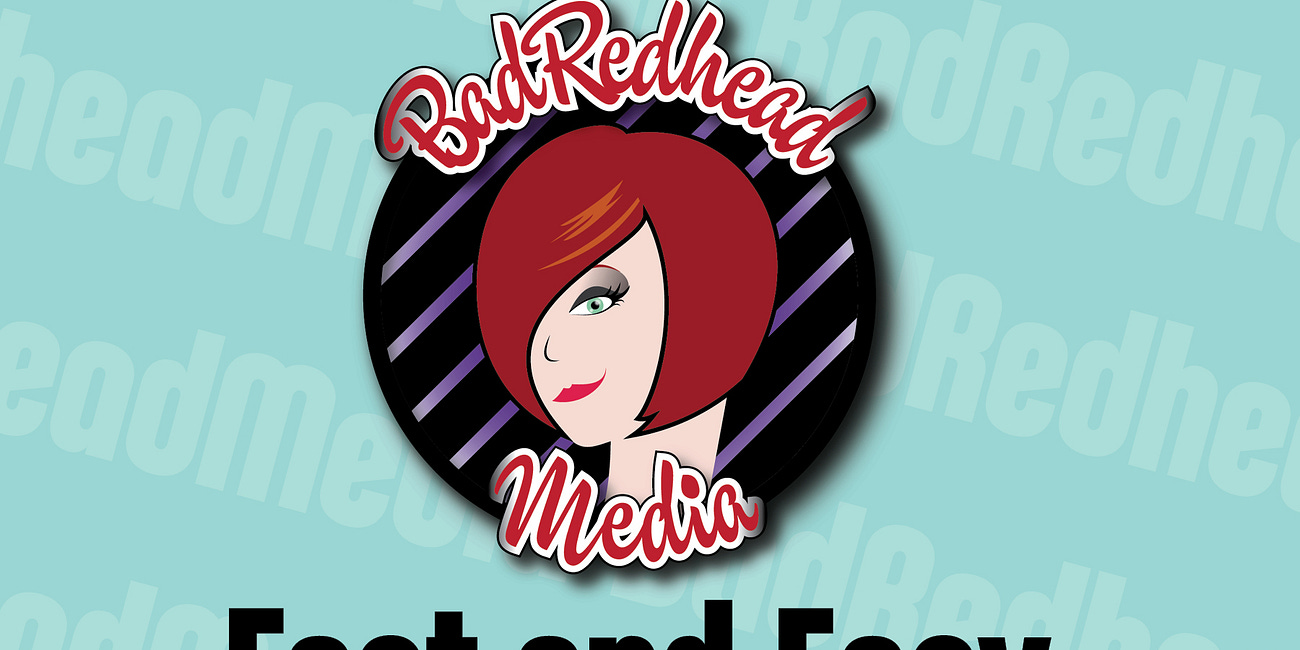SEO for Authors: How to Optimize Your Books for Search Visibility
What is SEO and why does it matter for writers? Let's discuss!

“What’s an SEO, and how do I get one?” ~ Writer on Facebook
Thank you to the writer who asked me this!
SEO can be intimidating to many writers because we don’t know what it is, we don’t understand why we need to do it, and we don’t see how it helps our author platform and book sales. More sh*t to do for ‘marketing’ that seems silly.
Search Engine Optimization (SEO) is essential for increasing your visibility. It’s the process of improving your content to rank higher in search engines like Google, Amazon, and YouTube, as well as on your social platform accounts.
You may have heard the term “it gets indexed,” which applies here. People also say a site is “crawled,” which are terms we may not understand.
For authors, SEO helps your books, author website, newsletters (if on Substack, which is indexed by search engines), and blog posts appear in search results when readers look for books in your genre or topics related to your expertise.
Think of SEO this way:
Every social media post, blog post, Substack, video, podcast—everything you do to market your books—is like depositing a penny in the Search Engine Bank.
It all adds up IF you optimize.
Think like a reader: What search terms would YOU use on Google, Amazon, YouTube, or other search engines or on social media to find books of interest? Do that.
Example: Type in “WWII fiction” or “How to market a book” and see what comes up.
In a world where millions of books are available online, SEO ensures your book doesn’t get lost in the digital void.
When I first started blogging on Blogger (now on WordPress, self-hosted through Authorbytes) in 2008, I had no clue what SEO meant or why I needed to optimize my social media, blogs, newsletters, and even books.
What does SEO even mean? It wasn’t very clear. Thankfully, I had an outstanding blog coach (no longer available) who explained SEO and how and why to optimize my blog posts for search. There are also plenty of free plug-ins available.
Hiring a coach for two hours was one of the most helpful ‘gifts’ I gave myself. A whole world opened up. Now you can learn, too. Read on.
How SEO Works for Authors and Books
1. Keyword Research: The Foundation of Book SEO
A book title needs to grab attention. SEO starts with keywords, the words and phrases people use to search for books like yours.
If you’re unsure what your ‘keywords’ or ‘key phrases’ are, ask yourself:
What is my book about?
Beyond the book, what are my interests?
What do I find challenging vs. what works?”
What topics do I wish everyone knew?
This will form the foundation for your branding as well. Learn more here:
What's Author Branding, Anyway?
If you’re like most writers (including yours truly, back before I published my first book ten years ago), branding sounds scary and kind of, well, nebulous.
🔍 Where to Find Keywords:
Amazon Search Bar: Type part of a phrase and see what auto-fills (e.g., “best thriller books 2024”).
Google Search Suggestions and People Also Ask: Find common questions and phrases readers seek.
Publisher Rocket (Paid Tool): Helps find profitable book keywords on Amazon. I don’t use this because, at the time I started, it felt overwhelming. However, now I find it quite useful.
AnswerThePublic (Free & Paid): Shows trending questions people ask about a topic.
YouTube and ChatGPT are also helpful, free research tools.
💡 Example: If you write historical fiction about WWII, keywords might include:
“WWII historical fiction books”
“Best war novels based on true stories”
“Books similar to The Nightingale”
2. Optimizing Your Author Website for SEO
Your author website is your digital home. To make it search-friendly:
✅ Use Your Keywords Naturally: In blog posts, book descriptions, and author bio. You want to avoid ‘keyword stuffing’ when you repeatedly use the exact keywords (or phrases) in your website’s content. It is usually easy to notice and will put readers off. Google can also ding you. Find the balance.
✅ Create Blog Content: Write posts related to your book’s themes. Example: If your book is a fantasy novel, write “Top 10 Best Fantasy Books for Fans of [Your Genre].”
✅ Make Your Website Fast & Mobile-Friendly: Google ranks mobile-friendly websites higher.
📌 Pro Tip: Write guest blog posts on high-traffic sites to get backlinks (links pointing to your site), which boosts SEO.
3. Amazon SEO: How to Rank Higher in Book Searches
Amazon is the biggest search engine for books in the world. To optimize for Amazon:
📖 Book Title & Subtitle: Use relevant keywords naturally.
💬 Book Description: Write an engaging blurb with keywords sprinkled in. Tip: See what writers you admire have on their book pages (Amazon, B&N, etc.).
📂 Categories & Metadata: Select the right categories and subcategories.
⭐ Get Reviews: More reviews = better rankings.
🚀 Example: Instead of just “A Love Story,” a romance novel could be:
Title: Second Chances: A Small-Town Romance Novel
Subtitle: A Heartwarming Love Story for Fans of Nicholas Sparks & Debbie Macomber
4. YouTube & Pinterest SEO for Authors
Google favors video content and Pinterest pins in search results. If you enjoy video, create a YouTube channel with the following:
🎥 Book trailers
📚 Author interviews
📖 Behind-the-scenes of your writing process
Share eye-catching pins linking to your blog or Amazon book page on Pinterest. I like Pinterest because the half-life* of a pin is three months, compared to a few minutes on Twitter.
Google owns YouTube, so it’s the highest social media ranking factor.
*What’s half-life? The time it takes for a post to receive half of its total engagement.
SEO Tools and Resources for Authors
Here are some helpful SEO tools to level up your book marketing:
🔹 Google Keyword Planner (Free) – Find keyword ideas. Google Keyword Planner
🔹 Publisher Rocket (Paid) – Best tool for Amazon book SEO. Publisher Rocket
🔹 Ubersuggest (Free & Paid) – Keyword research & competitor analysis. Ubersuggest (I use the free version).
🔹 AnswerThePublic (Free & Paid) – Discover what readers are searching for. AnswerThePublic
Final Thoughts: The Long Game of SEO for Authors
SEO isn’t an instant fix—it’s a long-term strategy. However, once you optimize your website, Amazon book page, and social media content, you create a sustainable way for readers to find you without spending a fortune on ads.
What happens if you don’t optimize your content? It doesn’t get indexed. So, it’s a necessary evil.
Start small: Optimize your book title and description, then create a blog post or YouTube video. Over time, you’ll see more organic traffic, better rankings, and more book sales. 🚀
💬 Are you using SEO for your author platform? Have questions? Let’s chat in the comments!
Of Interest
If you’re looking to break your overcommitments, read this book! Braking Point: Superior Sales by Vince Defilippo, Ph.D., is excellent. I’m learning so much.
Also: This short story collection by Vincent Valkier is like Black Mirror in book form - what happens when tech and AI become dangerous? Read this book!
🐦⬛ Digital Soul is available now for preorder.
Would you like help tailoring a content plan based on your specific book/genre? Please email me at badredheadmedia@gmail.com 😊
Like this content? Please consider subscribing (free option; paid always appreciated).
Shout-out to Booklinker, free universal book links, and my exclusive advertising sponsor.
Happy writing!






Excellent information, Rachel! Thank you.
In the age of GEO (generative engine optimization), how does this change our strategy / tactics? (Probably worth an updated missive...?)